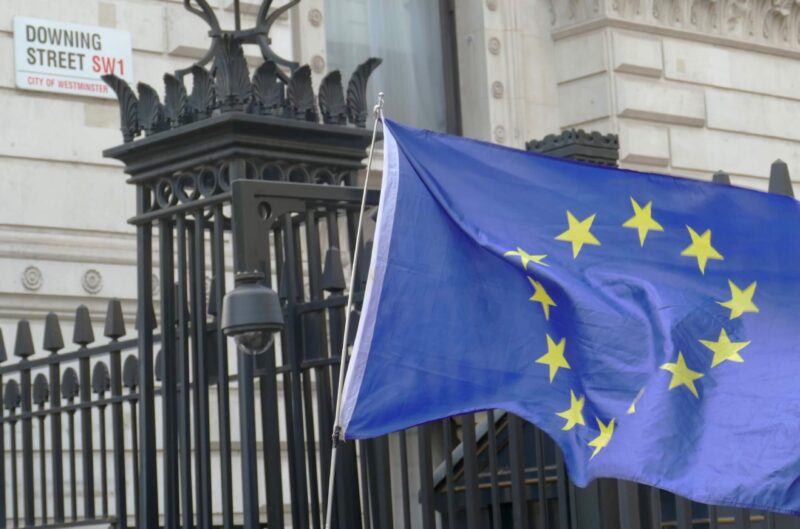Brexit Deal Could Cost UK Economy £70 Billion by 2029

With Brexit now delayed until 31 January 2020, a new report has revealed the possible economic repercussions of prime minister Boris Johnson’s withdrawal deal.
According to a study by the National Institute of Economic and Social Research (NIESR), the deal agreed with the EU – and approved by a majority of MPs – will leave the UK £70 billion worse off over the next decade than if it stayed in the European Union.
Despite the deal removing a small degree of uncertainty around Brexit, the NIESR study concluded that GDP would be 3.5% lower in 2029, should the UK leave the EU on the terms outlined in the current withdrawal agreement.
The report goes on to show that the economy would shrink by 5.6% in the event of a no-deal Brexit, a scenario that could still occur at the end of the so-called transition period late next year, according to cabinet minister Michael Gove.
Speaking on Radio 4’s Today programme, Gove said the UK still needs to “prepare for every eventuality”, admitting that a no-deal Brexit will stay on the table should the Conservatives win the general election on 12 December. However, he added that he is confident about getting a “good relationship” with the EU by the end of the implementation period.
Responding to the NIESR report, a spokesperson for the Treasury said: “We are aiming to negotiate a comprehensive free trade agreement with the European Union, which is more ambitious than the standard free trade deal that NIESR has based its findings on.”
Businesses Remain Uncertain
Shortly before MPs backed the prime minister’s withdrawal deal, the Confederation of British Industry (CBI) released figures showing how Brexit uncertainty had affected British manufacturing firms.
The CBI’s survey of 228 manufacturing companies revealed them to be more downbeat about their future prospects in the three months to October than the previous three-month period.
The surveys offset the number of businesses that plan to expand against the number that plan to cut back. While firms’ expectations for investing in buildings balanced out at -44%, plans to invest in plant and machinery over the next 12 months dropped to a balance of -34%. A number of firms also said they would be cutting training budgets, leaving the balance at -28%. The CBI said all three balances were at their lowest levels since the financial crisis.
However, with some commentators predicting a recession in the event of a no-deal Brexit, the latest figures from the Office of National Statistics showed GDP had risen by 0.3% in the three months up to September. This was aided by the strong performance of the services sector, as well as the British film and TV industry.
Here at Parker Andrews, we provide support and advice to business owners and directors. Contact us today for confidential advice.


